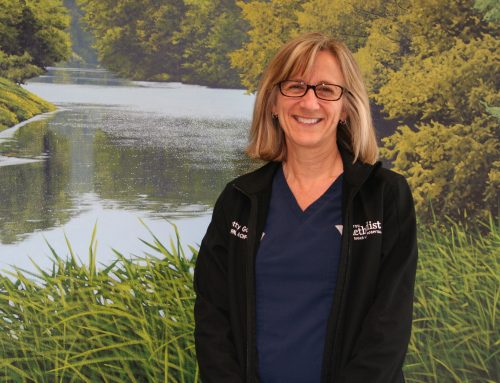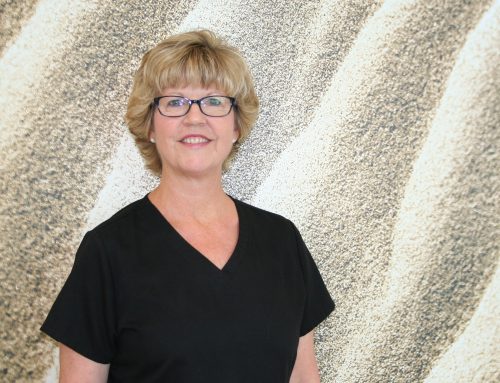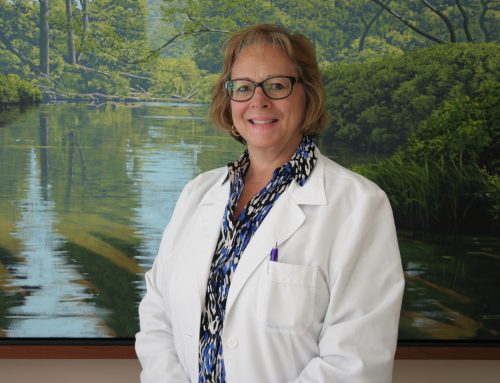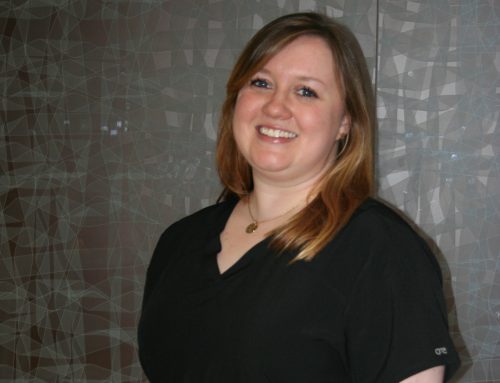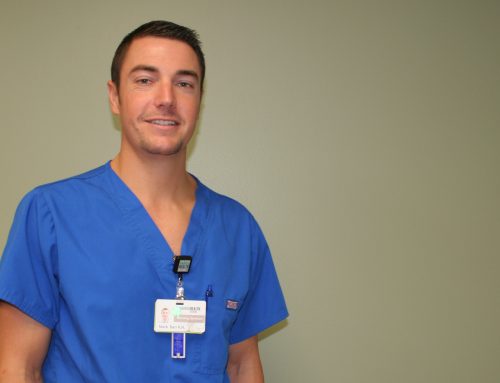2016 Gold Medalist – Nursing Education: Faculty
Carolyn A. Phillips, PhD, RN, The University of Texas Medical Branch at Galveston
Dr. Carolyn Phillips is a long way from the farm in Illinois where she grew up with parents who taught their three daughters to love education and knowledge. “I always wanted to be a nurse, and that’s probably what I announced when I first learned to talk,” says Dr. Phillips, who received her Diploma in Nursing at Decatur Macon County Hospital School of Nursing in Decatur, Illinois, in 1963, and her Bachelor of Science two years later at Millikin University, also in Decatur. “Being a farm kid gave me a lot of opportunity to play nurse for animals who were sick or injured.”
She went on to earn her MSN at Wayne State University in Detroit in 1971, and her MN and PhD at the University of Pittsburgh in 1975 and 1978, respectively. For the past 15 years she has been a member of the doctoral nursing faculty at UTMB, teaching core doctoral nursing courses in qualitative research methods and data management; concepts and theories in nursing; research methods; and critical analysis of nursing research.
Yolanda Davila, PhD, RN, J. Michael Leger, PhD, RN, MBA, and Linda Rounds PhD, RN, FAANP, FAAN, who nominated her for the Good Samaritan Award, wrote: “Dr. Phillips is most deserving of this award for her continuous dedication and commitment to nursing education.
Although she is a hard taskmaster with high standards of learning, her student evaluations are consistently high: 4.7+ on a scale of 1 to 5. Students’ comments refer to her passion and commitment to learning and ‘going above and beyond the call of faculty duty.’ She is also a teacher of teachers, mentoring new and seasoned faculty as they assume roles in the PhD program. She never hesitates to share her knowledge, experience, and examples of how to be successful in advising a doctoral student in completing the dissertation experience.”
Dr. Phillips is known to spend Saturdays in her office guiding out-of-town doctoral students through data analysis and face-to-face interviewing skills, and mentoring students in the art and science of manuscript writing for publication. Her nominators describe her as “much in demand to serve as dissertation chair or committee member,” and in the last 15 years she has served as a member of 22 dissertation committees. More significantly, she has served as chair of 15 successful dissertations, five of which were completed in May 2016.
Three of the five newly conferred PhDs hooded by Dr. Phillips last May collectively provided the following tribute: “Dr. Phillips’ contributions as an exceptional teacher and mentor to doctoral students, the scientific community, and society are immeasurable. She is dedicated to excellence in nursing scholarship and research. She not only sets the bar high for her students during candidacy but she supports them in achieving their goals of procuring relevant and trustworthy studies that can potentially impact health and health care. Under Dr. Philips’ guidance, students’ research findings have the potential to impact national policy, nursing practice, and education, healthcare, and society. Although we students graduate, Dr. Phillips continues her commitment to us by assisting us as we transition into our careers in research and academia. These few words cannot adequately capture the effect that Dr. Phillips has had on her students’ lives. Educators like her are becoming increasingly rare.”
After 53 years of nursing and teaching, Dr. Phillips’ students continue to inspire her. “Every student is like a new puzzle, and I love puzzles,” she says. “I’m always trying to figure out what makes them tick and how they think in order to be a better adviser as they’re developing their dissertation research. It’s fascinating to watch nurses move through the doctoral program. You see an evolution of their thinking and their ideas. When I have the good fortune of being their dissertation adviser, I get to see up close their development as a scholar and a scientist. Watching students present their dissertation findings to the public and enjoy the excitement of what they’ve accomplished is such a joy to me. Because of them, I’m on the frontline of research, which is a wonderful place to be.”
At the national level, Dr. Phillips is co-investigator of the U.S. Department of Education’s Fund for the Improvement of Postsecondary Education, a congressionally funded project that supports the development of innovations that improve educational outcomes. At the community level, she has served as a planning board member of the Congregational Health Nursing Training Project of the Institute of Religion in the Texas Medical Center. At the university level, as a faculty member of the Graduate School of Biomedical Sciences as well as the School of Nursing, Dr. Phillips has chaired task forces and actively serves on numerous committees. Within the School of Nursing, she is recognized as a leader and advocate for quality doctoral nursing education.
Her passion, commitment and dedication have not gone unrecognized. The Graduate School of Biomedical Sciences selected her as a recipient of its Excellence in PhD Teaching Award, Outstanding Teacher Award, and Distinguished Teaching Award in Nursing. The School of Nursing honored her with the prestigious Dibrell Family Professorship in Medical Education. As a researcher, she has published extensively.
“I’ve known about the Good Samaritan Foundation’s work for a long time, mostly because of the scholarships they’ve provided to a number of students in our PhD program,” Dr. Phillips says. “I deeply admire the foundation’s work in support of nursing and nursing excellence and am grateful for what they do to support students who are seeking to advance their educations. It’s a great honor to be nominated for the Excellence in Nursing Award by some of my colleagues and students because those are the people who really know what I do.
“I’m especially grateful that I found my way to UTMB, where I’ve been able to grow my career and work with a wonderful faculty and dean,” she says. “Here I’ve been able to explore what it means to be a nurse and nurse educator and furthermore, it’s kept me from being bored. My students are a constant source of stimulation, entertainment, and inspiration – and they always challenge me. I’ve learned so much from them about the importance of nursing and the compassion our profession inspires.”
